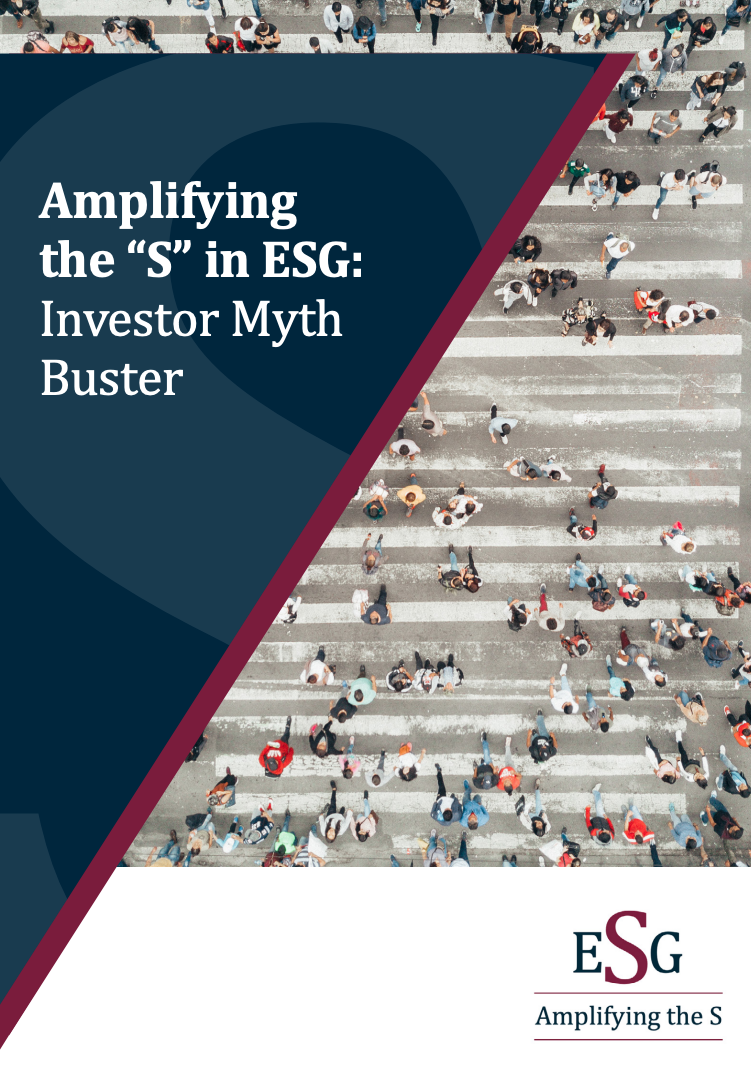In 2021, investors are under renewed pressure to consider the “S” (social) performance component in their investments. Yet in the world of Environmental, Social and Governance (ESG) investing, the integration of social performance assessment has seen insufficient progress. It is plagued by many challenges, and by what this white paper calls ‘myths’: misperceptions about why social indicators – such as a company’s labour practices or community relations – matter, and how or whether they can be integrated into investment analysis. For all investors, it is important to proactively address these questions because, as the Working Group found, social issues can create key risks; they are salient and will be increasingly relevant in the future.
The objective of this group is to demonstrate to investors how it is possible, and why it is necessary, to have and drive forward more sophisticated social performance assessments. We do not aim to provide definitive answers, nor to be prescriptive about solutions.
Instead, we address the most common misperceptions, or myths, that have emerged because of the real challenges that investors face now, and have faced in the past, when trying to integrate social performance indicators into their analytical metrics. The Group highlights the existing gaps and challenges, while also looking at the positive steps investors can take. It is hoped that this white paper will be a springboard for a wider discussion about both improving the “S” indicators and strengthening them as a tool for the investor community.

